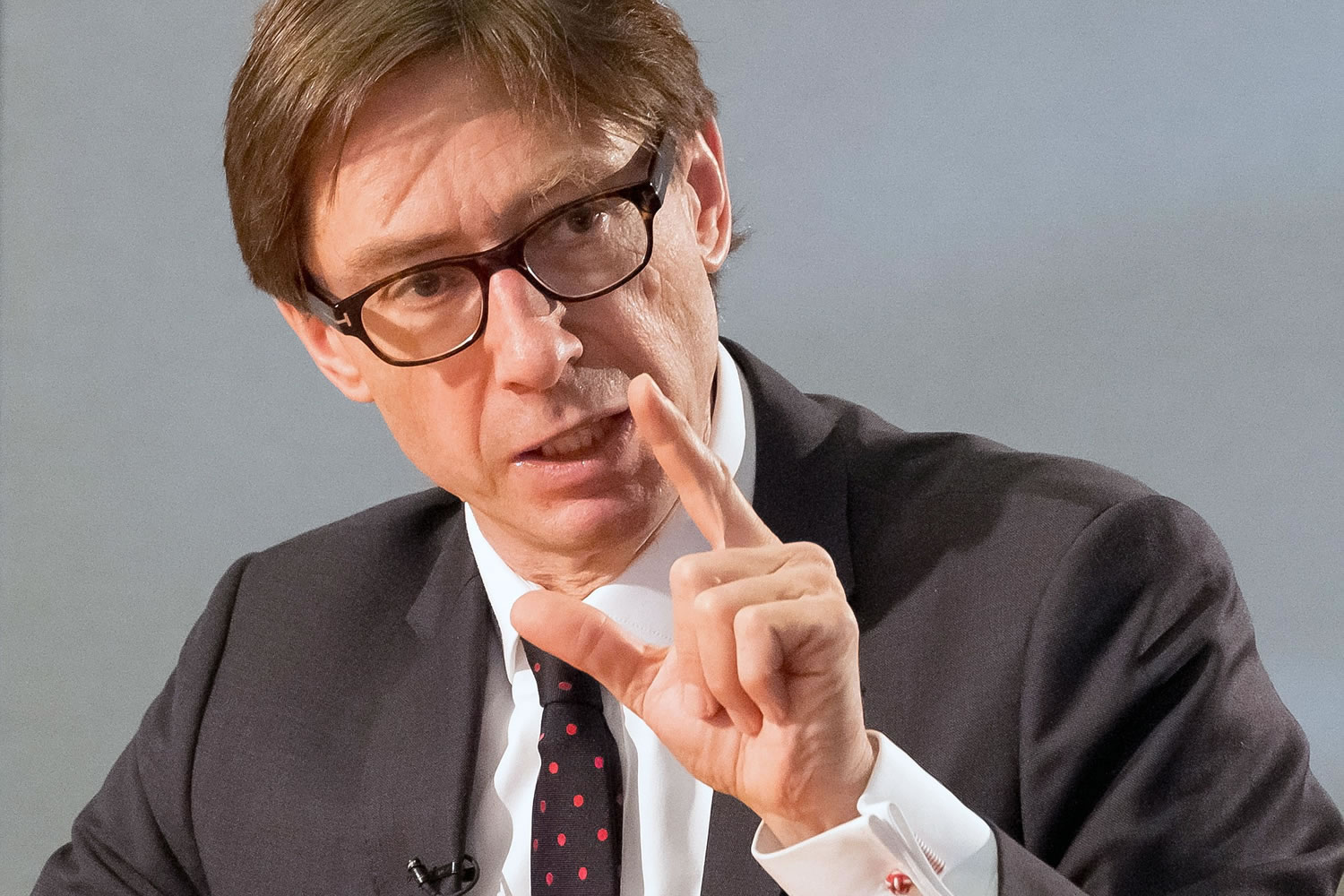WASHINGTON — President Barack Obama agreed last month not to send lethal defensive aid to Ukraine, a top German diplomat said Monday, as lawmakers from both parties continued to press the president to shore up Ukraine’s beleaguered military in its fight against Russian-backed separatists.
The German ambassador to the U.S., Peter Wittig, said in an Associated Press interview that Obama agreed to hold off during a White House meeting in February with German Chancellor Angela Merkel. He said Obama had concurred with Merkel that it was important “to give some space for those diplomatic, political efforts that were underway.”
“The two leaders exchanged views on that issue and there was unity by them not to impose, or not to go forward with, the delivery of lethal defensive weapons at this time,” Wittig told the AP.
The Obama administration has maintained publicly that it’s still debating whether to send anti-tank weapons and other defensive arms to bolster Kiev’s ability to defend its territory and troops in eastern Ukraine. In remarks to reporters after his meeting with Merkel, Obama said that “the possibility of lethal defensive weapons is one of those options that’s being examined” but added that “a decision has not yet been made.”
Nearly a dozen lawmakers from both parties joined House Speaker John Boehner last week in urging Obama to supply the weapons without delay, claiming that pro-Russian separatists have only consolidated their gains since the so-called Minsk agreements that led to last month’s fragile cease-fire.
Yet many European governments oppose such a move — especially Germany. Those U.S. allies say they fear additional arms would only fuel a military escalation and could spark a wider proxy war with Russia.
“I think we have to weigh carefully whether this would inject an additional element that could be a pretext or a trigger for counter-reaction by the Russian leadership,” Wittig said.
The White House declined to elaborate. But Mark Stroh, a spokesman for the White House’s National Security Council, said the U.S. is consulting closely with European allies and continually assessing its policies to ensure they’re appropriate to achieve U.S. objectives in Ukraine.
“Our focus from the outset of the crisis has been on supporting Ukraine and on pursuing a diplomatic solution that respects Ukraine’s sovereignty and territorial integrity,” Stroh said.
As the crisis in Ukraine has deepened over the last year, the Obama administration has sought to show that the U.S. and Europe are operating in lockstep, aiming to deny Russia any opportunity to exploit divisions among Western allies.




